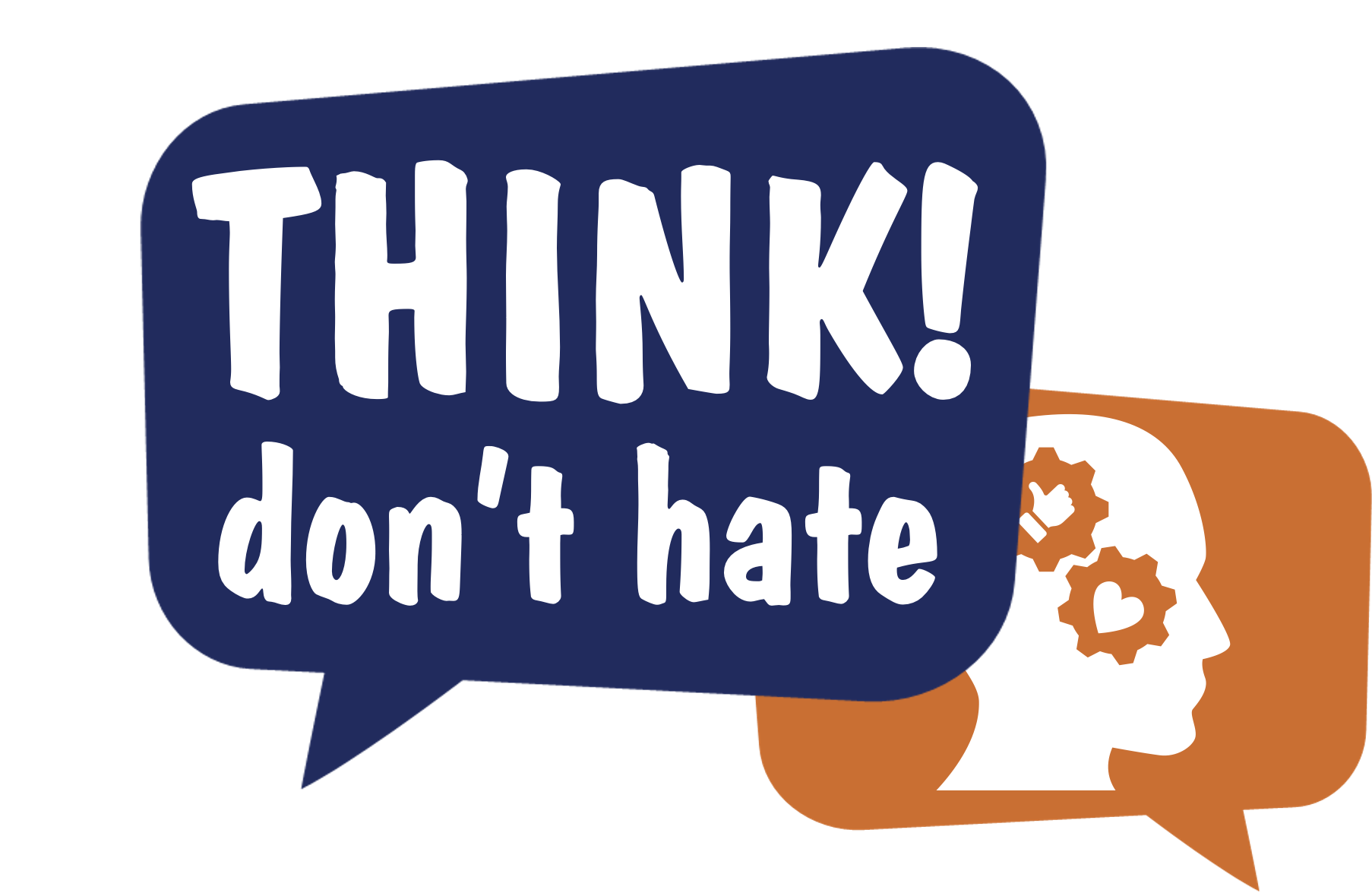
CHAPTER 1
a. Getting Started
Western Balkan (WB) countries’ relationship is hardly loaded with recent history of conflicts. Hate speech is identified as ‘lubricant’ of all hatred and barricade of any further normalization and strengthening of cooperation between citizens. In practice, as it is clearly stated within EU reports for all WB countries, but most recently Serbia (2019) and Kosovo (2018), hate speech and discriminatory terminology is present in the media and online, but often tolerated, rarely tackled by regulatory authorities or prosecutors. On top of that, there are numerous unfortunate cases where hate speech did not remain strictly oral or written but rapidly escalated and led to hideous hate crimes and life losses. At the same time, cyberbullying as a dominant form of hate speech has turned into a serious and persistent problem among young people, affecting especially teenagers and causing lasting damage, including dependency, anxiety or aggression, which alarmingly often leads to suicidal tendencies.

The existing policy systems are mainly focused on keeping the status quo and dealing with the consequences of extreme behavior and not with its prevention or countering. Nationalistic narratives are even being flamed every time it becomes convenient for nationally oriented politicians. We experience the consequences of these tactics every day: people attacking a citizen’s bakery over a photo; people burning Serbian products in Kosovo; people attacking each other in Montenegro over the Church; putting stickers over N. Macedonia flag at cars in Greece etc.
No matter how hard one tries to “put out the fire” after an incident of hate speech occurs, this can only provide some kind of short term resolution with limited results. Nevertheless, long term solutions will not be possible unless we start working on the roots of this issue and countering the harmful narratives that it involves.
So what is the role of young people in this reality? What side are they at? Is there any hope in the end of the day? It is a fact that young people are the most active group in the digital world, with the 71 % of internet users to be aged 15 – 24 years old, compared to 48 % of adults[1]. And there is no doubt that these numbers have significantly risen during the COVID19 pandemic. At the same time young people appear to be both targets and creators of hate speech in the virtual space, an ongoing battle of white and black, of right and wrong, of survival and harshness. However, it is once again young people who are willing to change the world they live in, to make a difference, to be involved and engaged in changing the facts and to build a real and virtual world where no more black pages of hate speech belong to future history.